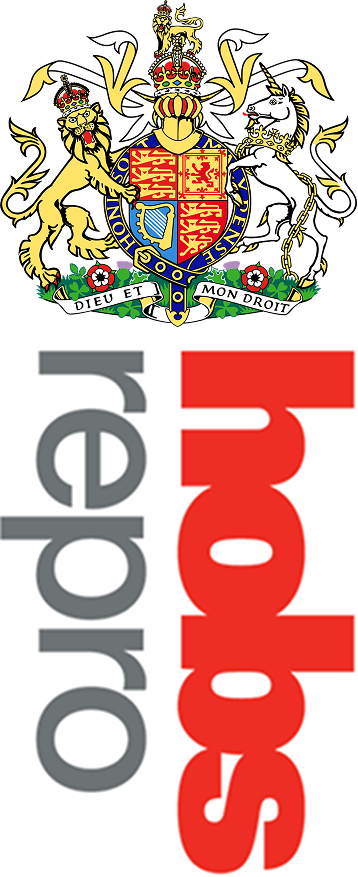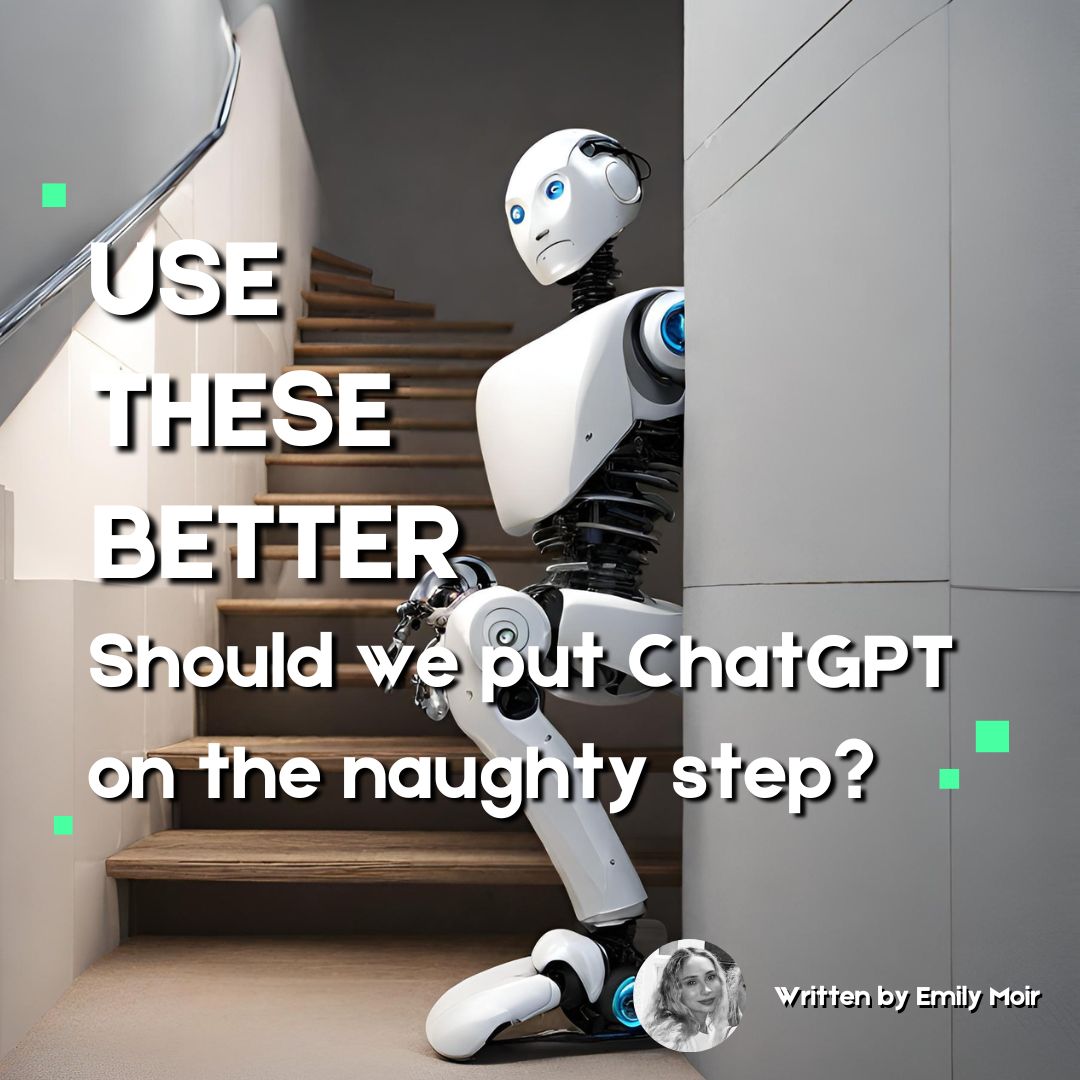Following on from our previous podcast, ‘ChatGPT: Friend or Foe?,’ Dave McCormack invited Alex Lockhart back to discuss recent debates about AI models in the bidding industry. In the realm of artificial intelligence, there is a constant quest to push boundaries and unlock new realms of human potential. But how far is too far, and what effect is this having on the bidding industry? Five months after their initial chat, Dave and Alex chewed the fat on these questions and more, sent in by our Use These Better LinkedIn group members. Read on, or tune in to the episode, to judge for yourself whether ChatGPT should be embraced or banished to the naughty step!
Q: What’s out there at the moment? Are there alternatives to ChatGPT?
Alex labels Bard, Google’s AI tool, as ChatGPT’s biggest competitor. Developed by OpenAI (who are also the creators of ChatGPT), Bard is a conversational chatbot that represents a significant development in AI capabilities. Focusing on generating creative content such as poetry, music, literature and visual arts, Bard allows the user to upload JPEG files to the software. This means that, in theory, bid writers could upload entire RFPs to generate responses. Ultimately, Alex favours ChatGPT over other alternatives, but recognises that it needs to be nurtured before fully trusting the content it produces.
Q: Dave did an experiment where he inputted some generic ChatGPT responses to ascertain their Flesch-Kincaid score, which rates text based on its readability. All the answers he provided were assigned a college-level grade (difficult to read). How can we overcome this?
Alex stresses that an effective quality response isn’t just built on readability, but also tone. We’ve moved into a space where even the driest topics can be made creative, and ChatGPT’s ability to respond to instruction can be leveraged to achieve this. For more analytically minded people, ChatGPT can be used to engage the reader or even mark work for creativity. In an ideal world, an analytical person could cajole a more creative colleague and ask for their feedback, but these days people simply don’t have the time to spare. To combat this ChatGPT can act as, in Alex’s words, the colleague that we want but don’t have! With this in mind, it’s important to treat the software intelligently – by using ChatGPT responsibly you can tailor it’s more conversational and creative aspects to the specific context of your response.
Q: Where do you see ChatGPT developing? What, as a bidding community, would we want to do with it?
Of course, there’s an element of risk in all ChatGPT users sharing intel – especially in the bidding world. In an ideal situation, every organisation would have their own version of an AI model that could work intelligently to collate their previous responses and create a completely bespoke response. As with any AI software, it’s important to be mindful of what you feed into it – if you put good data in, you’ll get good data out!
Q: When should we use ChatGPT? Do we use it to write a bid outright or for research? For those unfamiliar with the tool, what’s the best way to make the most out of it?
Alex prefers to use ChatGPT as a ‘desk helper’ to research topics, such as organisational background or sustainability. This is a step that often gets crossed off or rushed because of lack of time and resources. So, research in this way can help build a clear picture of the opportunity whilst also saving what could be an entire day’s worth of valuable preparation. Or, as Dave aptly describes it, ‘Google on steroids.’
Q: It was interesting that the creator of ChatGPT voiced concerns about its latest updates, suggesting that they may be too powerful and need governance. Whilst this isn’t something we should necessarily be scared about, we need to establish who will take ownership of this governance and not allow things to get out of hand. How do we instil control over AI tools?
This governance has to come from users’ organisations. To create a culture of responsibility, it’s important for companies to start conversations about AI, it’s potential issues and positives. We should be realistic about the fact that some people are going to use it, so it’s best to take advantage of the benefits by nurturing the software and issuing training to use it effectively.
Alex and Dave wrapped up the session by posing a question to the audience: Have you ever used an AI model and its used to your disadvantage? Let us know and be sure to tune in to further episodes of the Use These Better Podcast for more discussions on all things bids!

